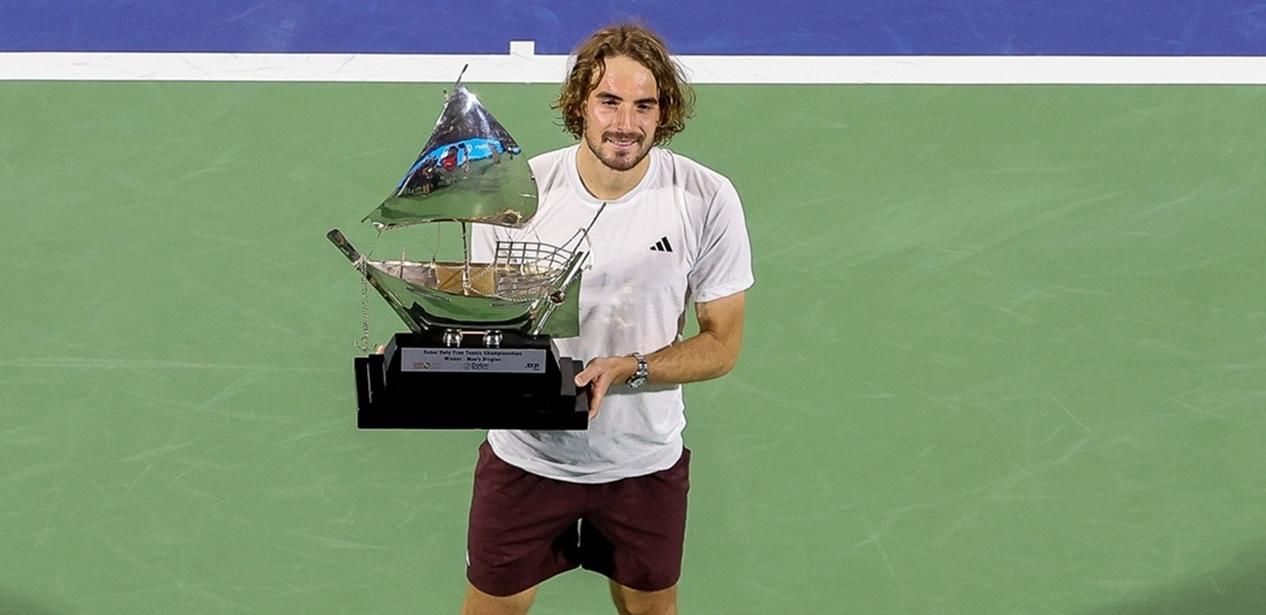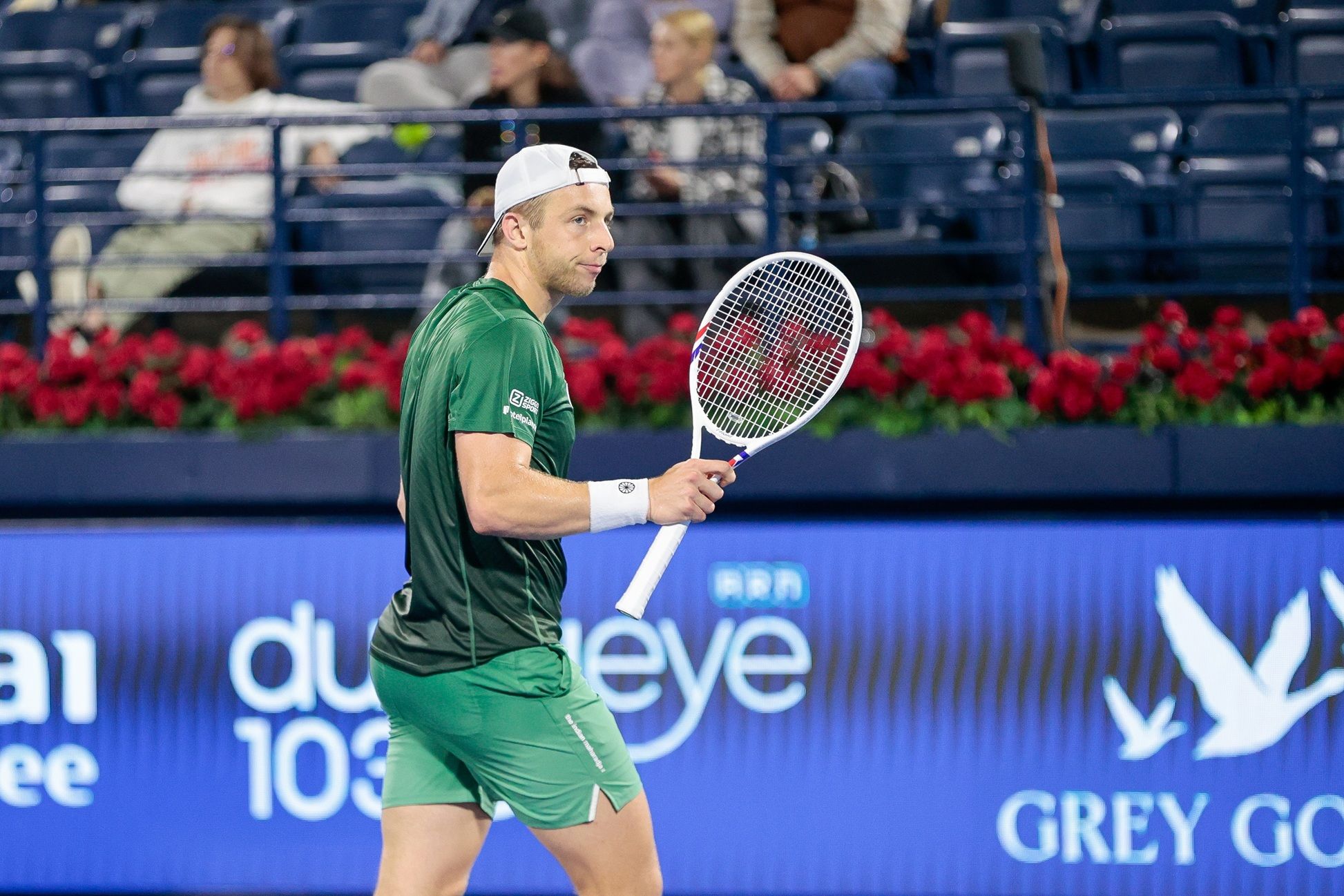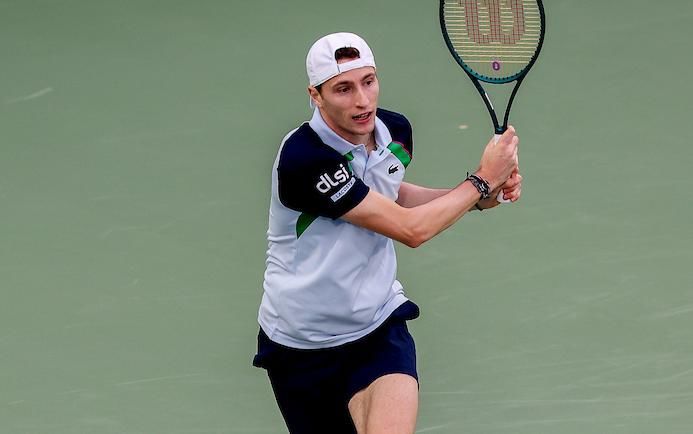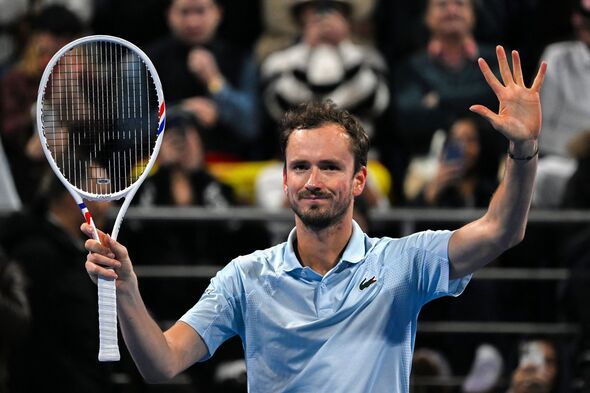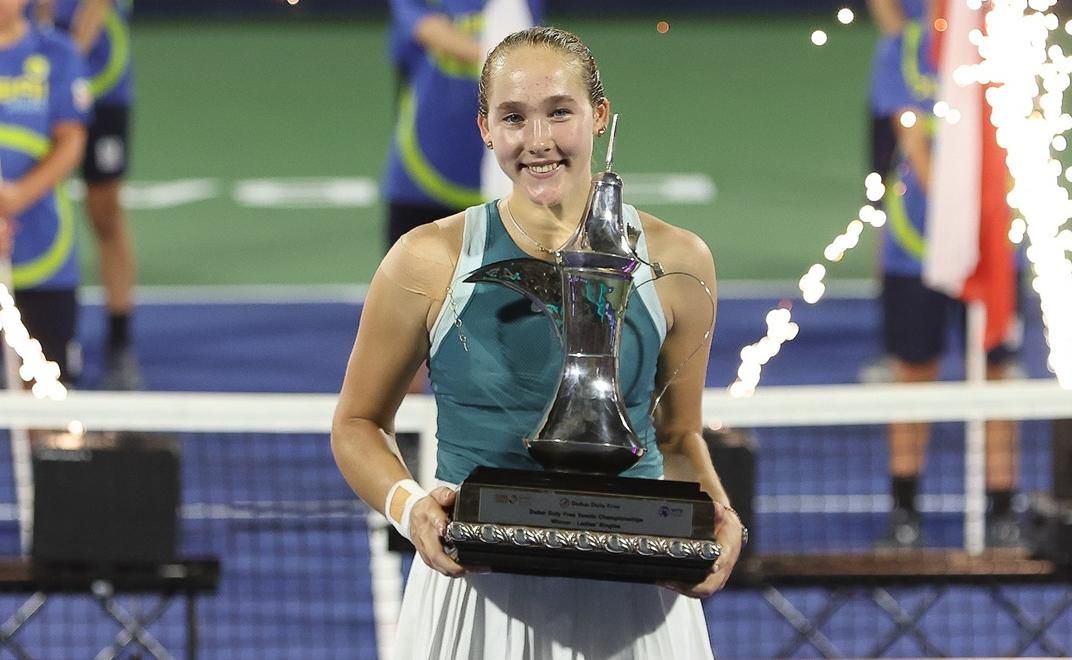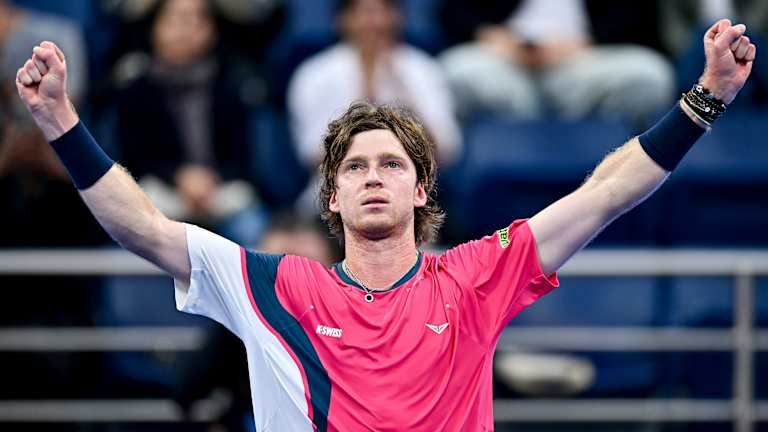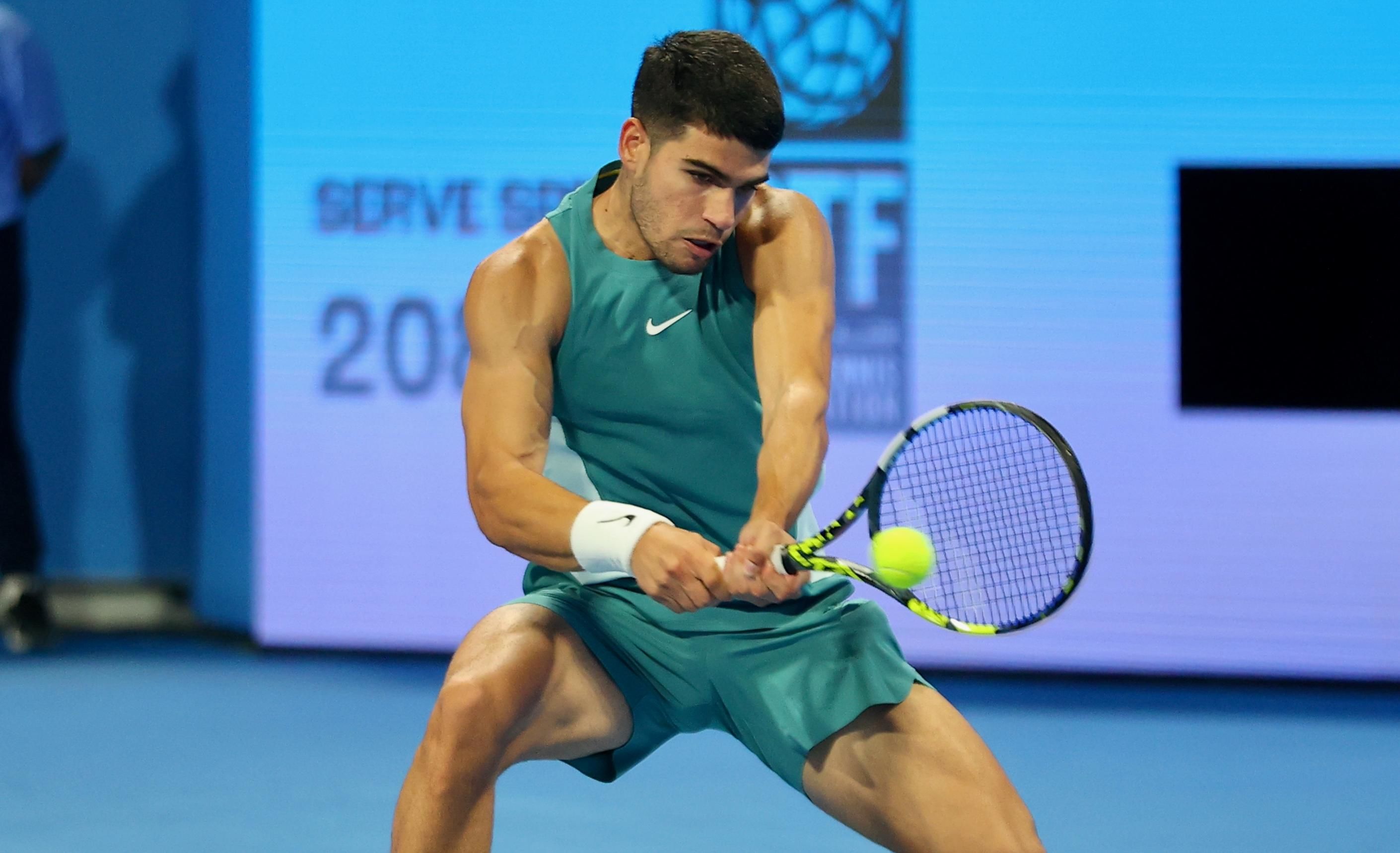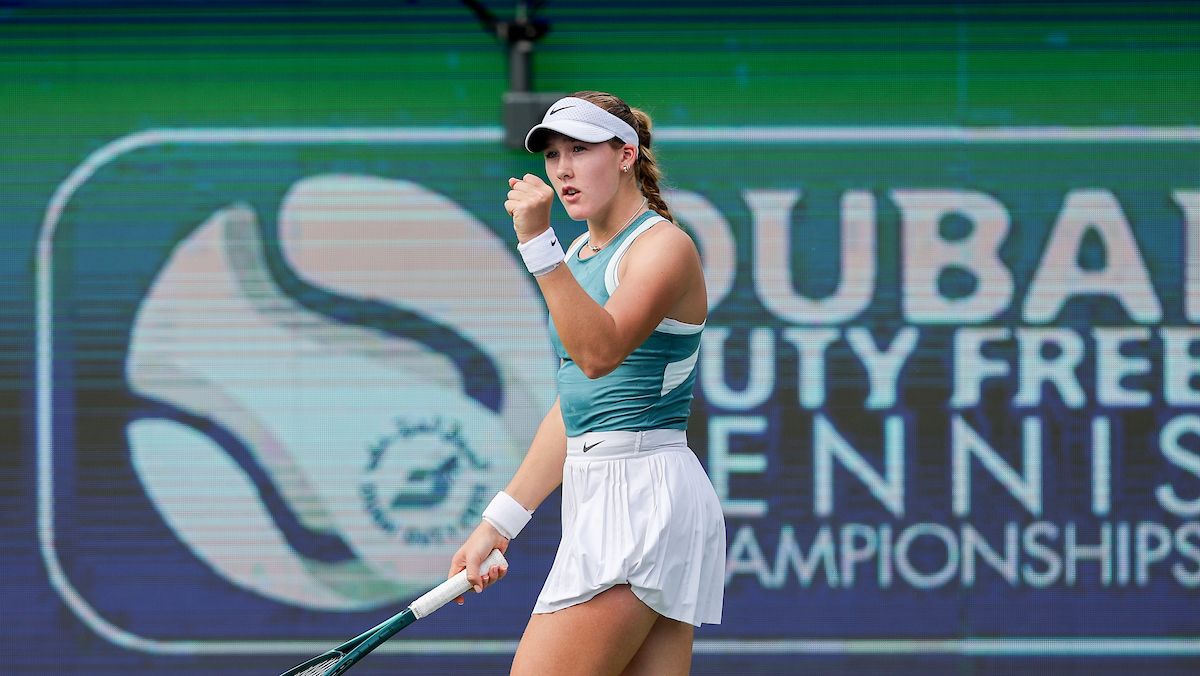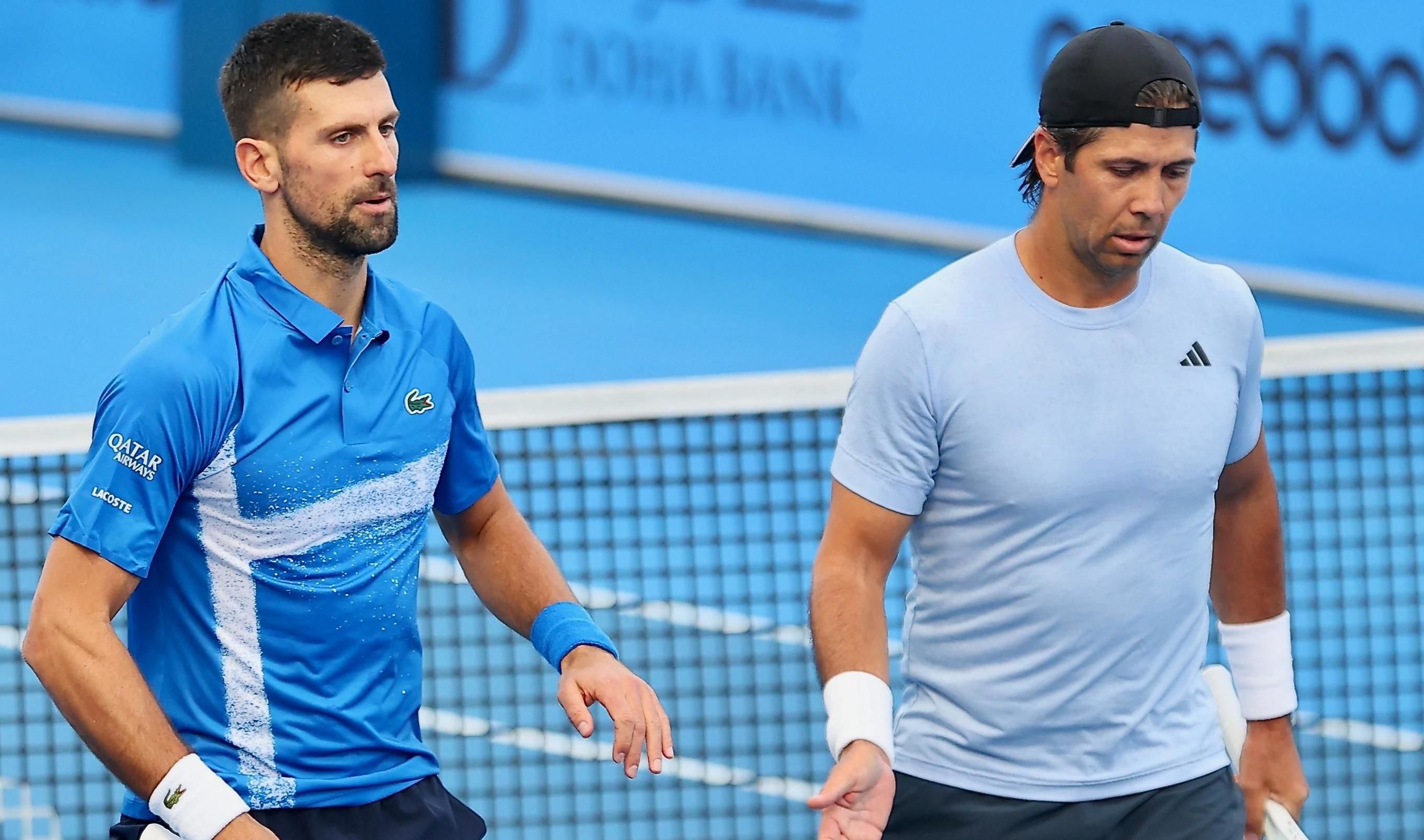The tennis world is divided over the handling of the anti-doping cases involving World No.1 Jannik Sinner and Iga Swiatek and Novak Djokovic feels there is inconsistency in the handling of cases and therefore a majority of players feel there is favouritism in these cases.

Many male and female players have criticized Sinner for getting a three months suspension from tennis as a controversial outcome of a positive dope test with many players feeling he should have instead got a two-year ban as per the rules.
Former World No.1 and 24-time Grand Slam champion Djokovic has advocated a relook into the anti-doping processes in tennis claiming that the players don't trust the current system as it is not transparent enough.
Currently, the anti-doping program in tennis is implemented and managed by the International Tennis Integrity Agency (ITIA), an independent body.
In August 2024, the ITIA announced that Sinner had twice tested positive for clostebol, a banned anabolic steroid, in March of that year. The ITIA later accepted Sinner's contention that the banned substance got into Sinner's body through a member of his support staff who was using it as part of an over-the-counter medicine. The ITIA decided not to penalize the Italian World No.1.
The World Anti-doping Agency (WADA) then took up the matter and in what looks like a compromise formula, Sinner accepted a three-month suspension during a period in which it would not impact him a lot.
There's a consensus or, I would say, a majority of the players that I've talked to in the locker room, not just in the last few days, but also last few months, that are not happy with the way this whole process has been handled. A majority of the players don't feel that it's fair. A majority of the players feel like there is favoritism happening.
It appears that you can almost affect the outcome if you are a top player if you have access to the top lawyers and whatnot.
The Serbian star said the inconsistency is apparent from the way cases involving Swiatek and Sinner are dealt with as compared to other cases.
So, we have seen on social media Simona Halep and Tara Moore and some other players that are maybe less known that have been struggling to resolve their cases for years, or have gotten the ban for years.
The former World No.1 admitted that the inconsistencies and lack of transparency in the current system frustrates all the players.
The inconsistency is something that frustrates all the players. It's like if you are going to treat every case individually or independently, which is what's happening, then there's no consistency, then there is no transparency, and some cases are transparent, some are not.
Djokovic said Sinner's case has been dealt with in such a manner because he passed on information about the presence of a contaminated substance in his body to the anti-doping officials within a certain period.
There's a kind of a vague rule that I read that, you know, within a reasonable time you have to provide information where you got contaminated substance. He provided it in, as I understand, a six-hour window. But it doesn't say in the rules it's a six-hour window, it's a reasonable time. So what's the reasonable time?
So, we're either going to agree that all the cases will be transparent from the beginning, or all will be kept private until their result. I have no opinion of that right now, I think it's important to open the discussion, and then let's see what's best for the sport.
He said this is the right time to address the process and make it more transparent.
I think, you know, right now it's a ripe time for us to really address the system because the system and the structure obviously doesn't work for anti-doping, it's obvious. I hope that in the next period of the near future, the governing bodies are going to come together, of our tours and the tennis ecosystem, and try to find a more effective way to deal with these processes.


